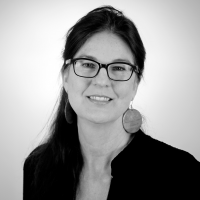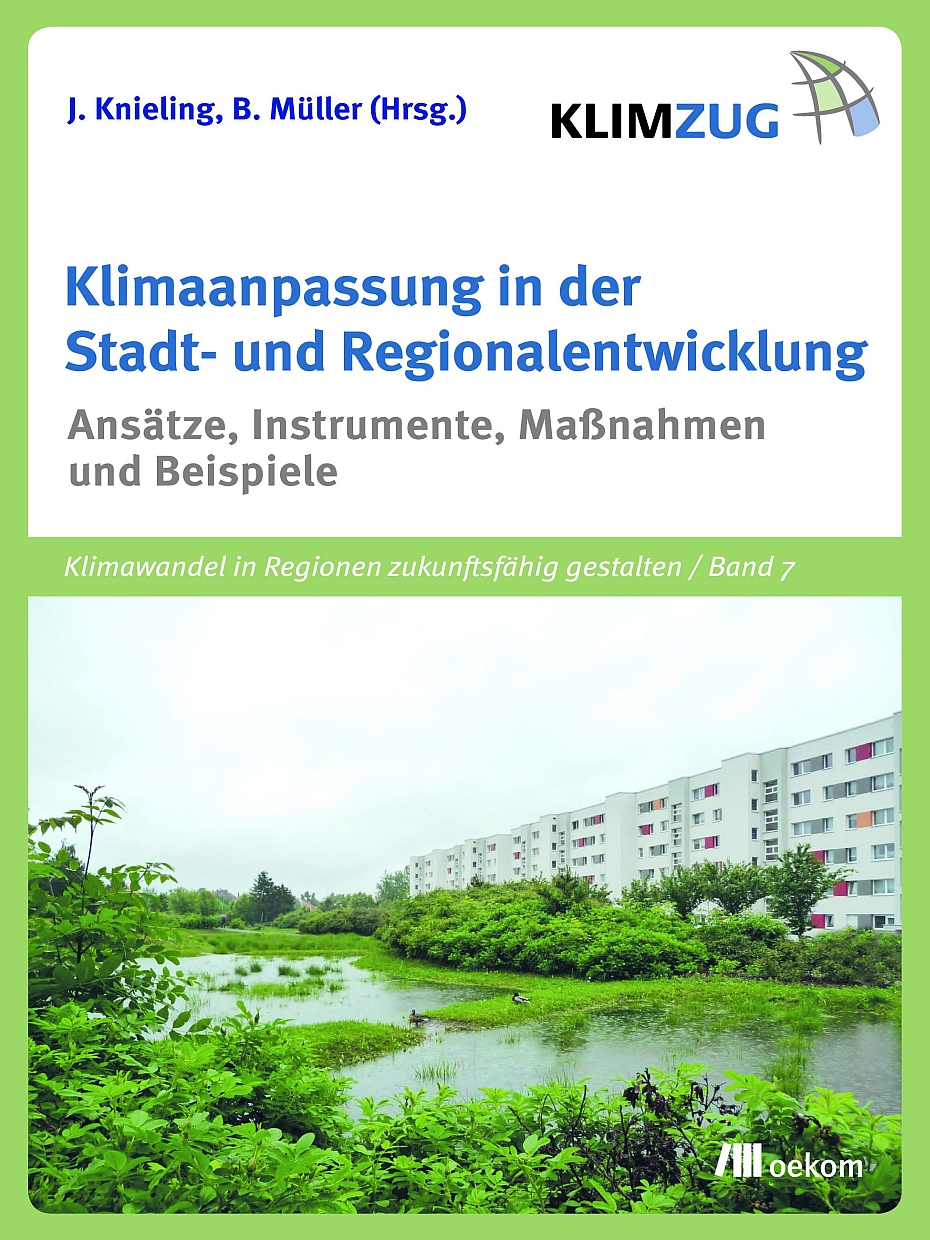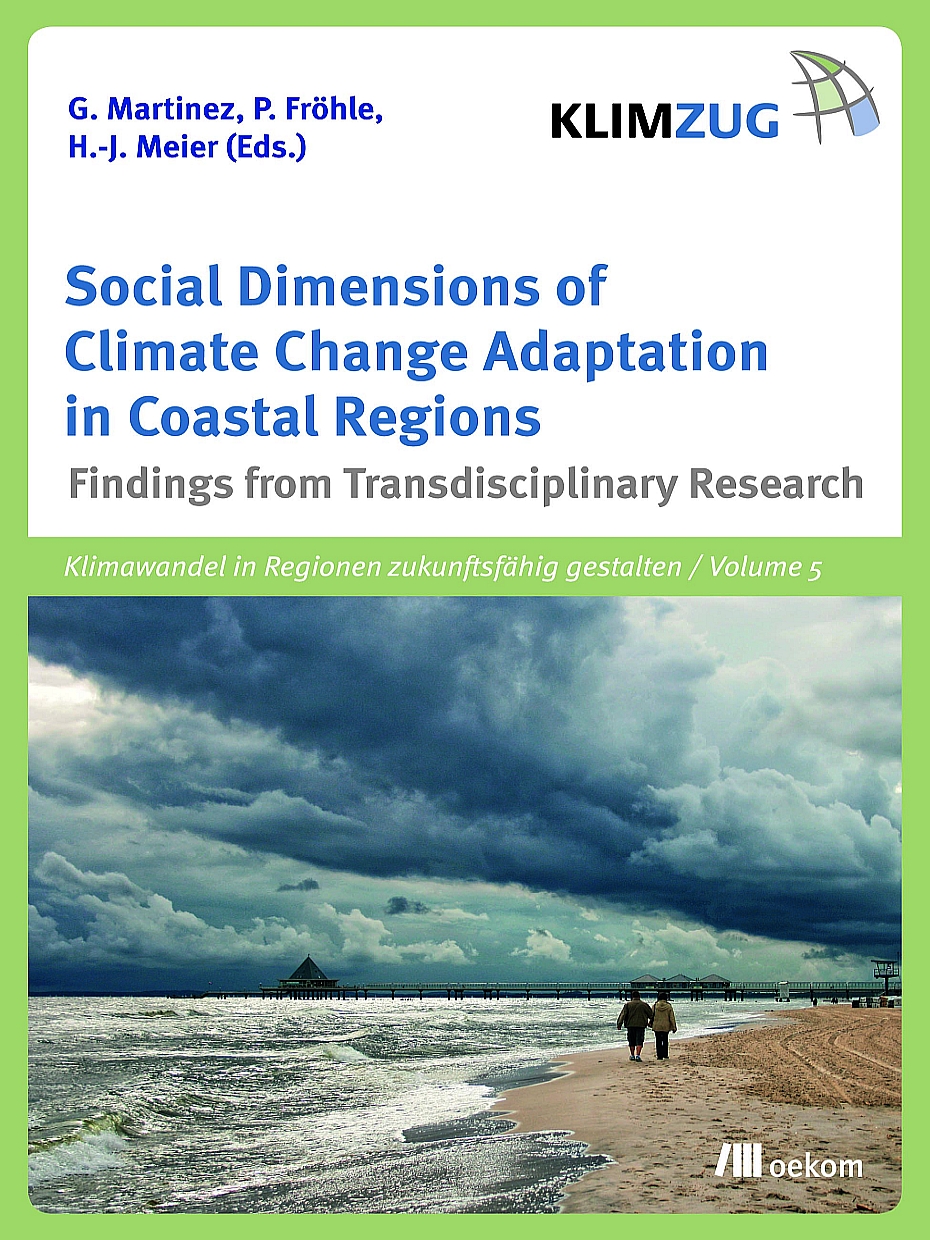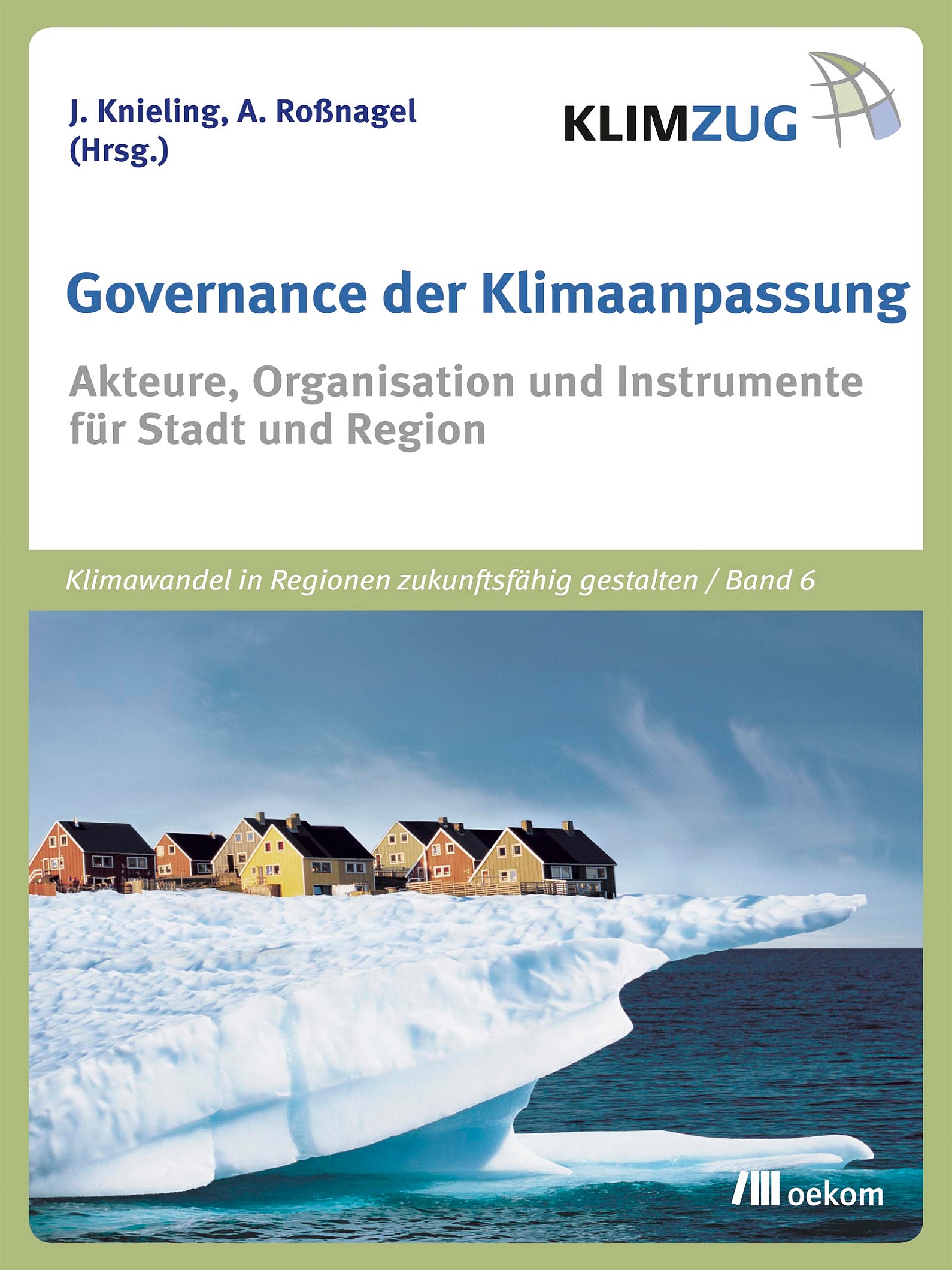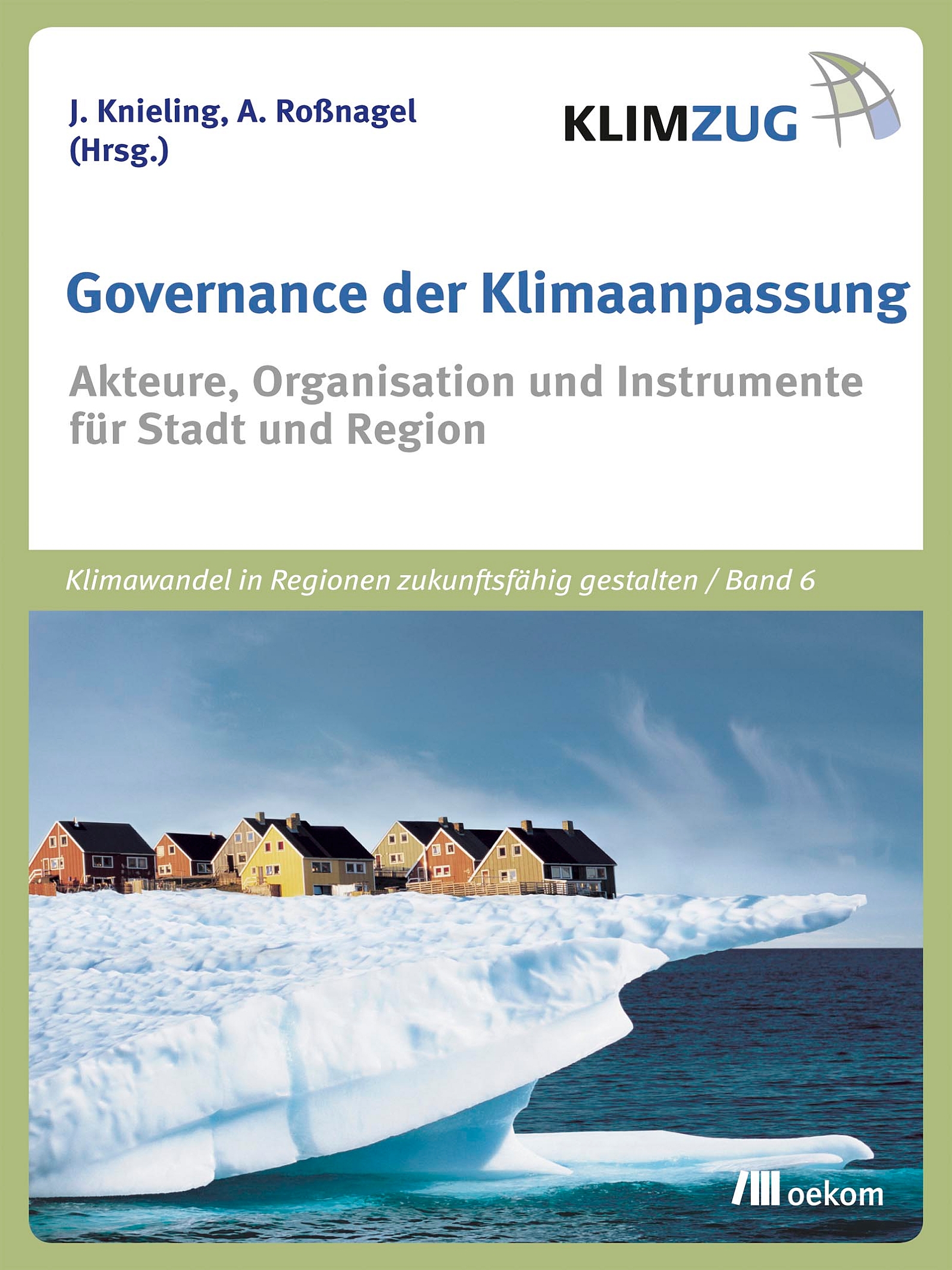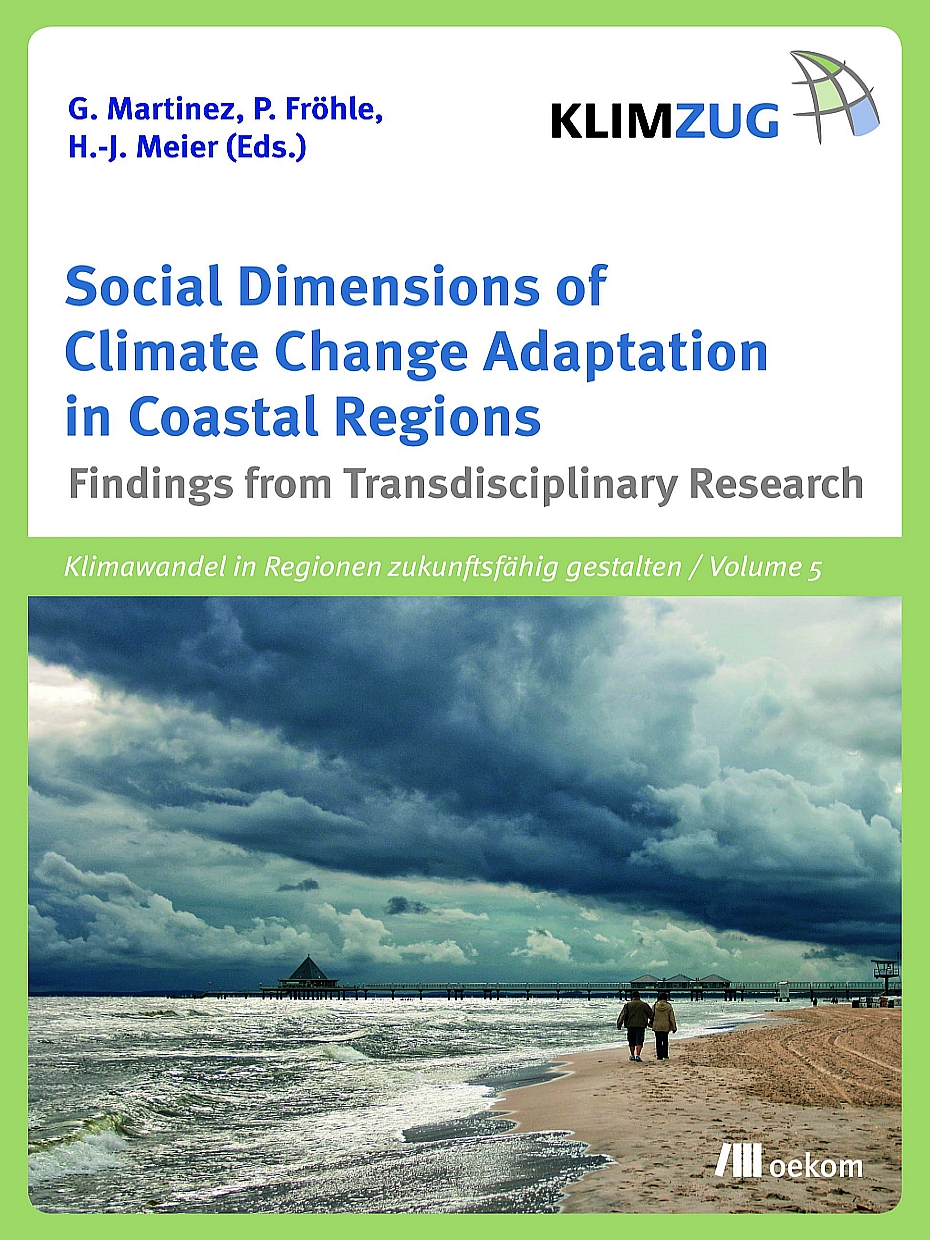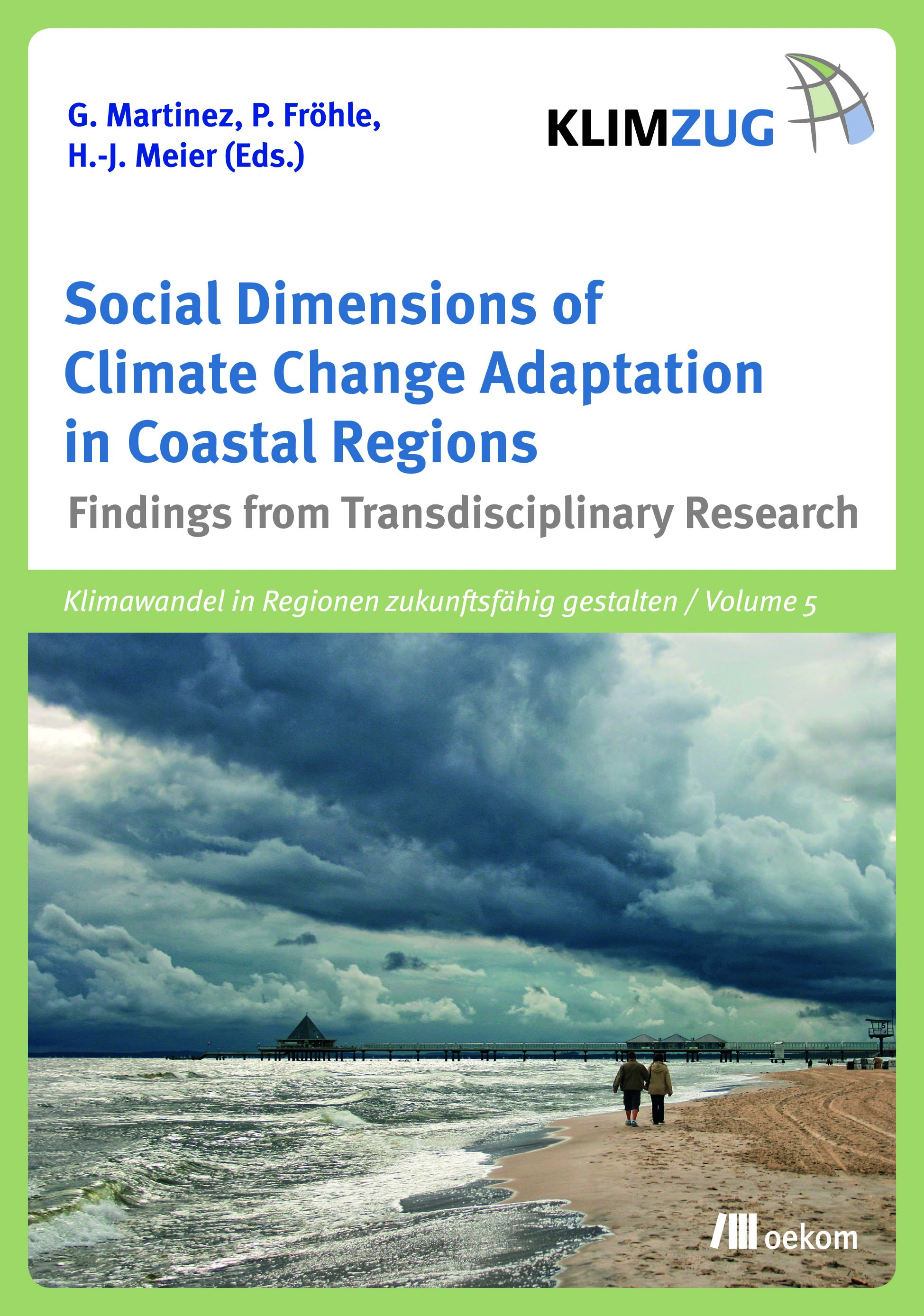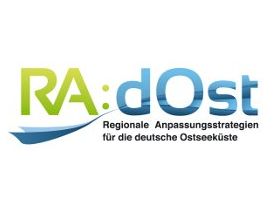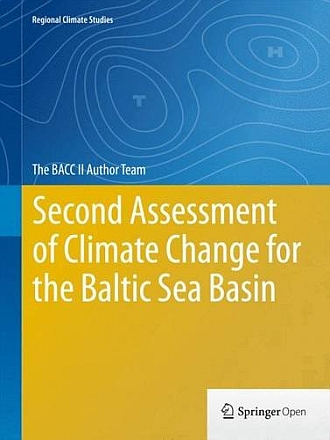
Climate Science and Communication for the Baltic Sea Region
How do Scientist and Political Decision Makers Estimate Climate Change in the Baltic Sea Region?
- Publication
- Citation
Dennis Bray and Grit Martinez 2015: "Climate Science and Communication for the Baltic Sea Region", in: The BACC II Author Team (ed.): Second Assessment of Climate Change for the Baltic Sea Basin. Heidelberg: Springer International Publishing, 481-488.
The BACC II (Second Assessment of Climate Change for the Baltic Sea basin) is an updated assessment of ongoing climate variations in the Baltic Basin for the period 2009-2014. The book is an update of the first BACC assessment, published in 2008, and offers new and updated scientific findings in regional climate research for the Baltic Sea basin. The evidence collected and presented in BACC II shows that the regional climate has already started to change and this is expected to continue.
Dr. Grit Martinez from Ecologic Institute is co-author of the article 'Climate Science and Communication for the Baltic Sea Region'.
The BACC II Author Team consists of 141 scientists from 12 countries, covering various disciplines related to climate research and related impacts. BACC II is a project of the Baltic Earth research network and contributes to the World Climate Research Programme.
The article is based on the results of two surveys, one of regional political decision makers on the German Baltic coast, conducted by Ecologic and HZG, under the auspices of Radost, and the other a survey of scientists working on Baltic coastal issues conducted by HZG under the auspices of the BALTEX book project. Data were selected to conduct a quantitative comparative analysis of the perceptions of climate change, comparing regional, political decision makers and scientists. The analysis indicated that regional political decision makers tended to slightly over estimate climate change issues compared to scientists.
According to Dr. Martinez, this is very likely a cultural phenomenon. Drawing on further research in the German Baltic Sea Region there is growing evidence that culture not only reflects changes in the social values and attitudes of the stakeholders towards their environment, but also participates actively in the construction of the perceptions of nature, risks and change.



